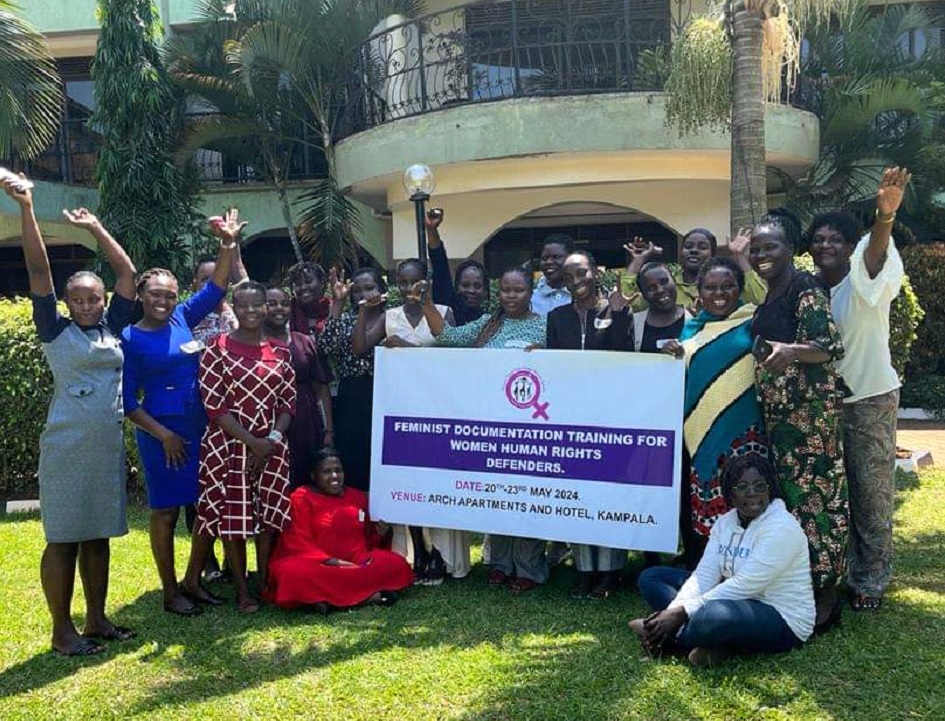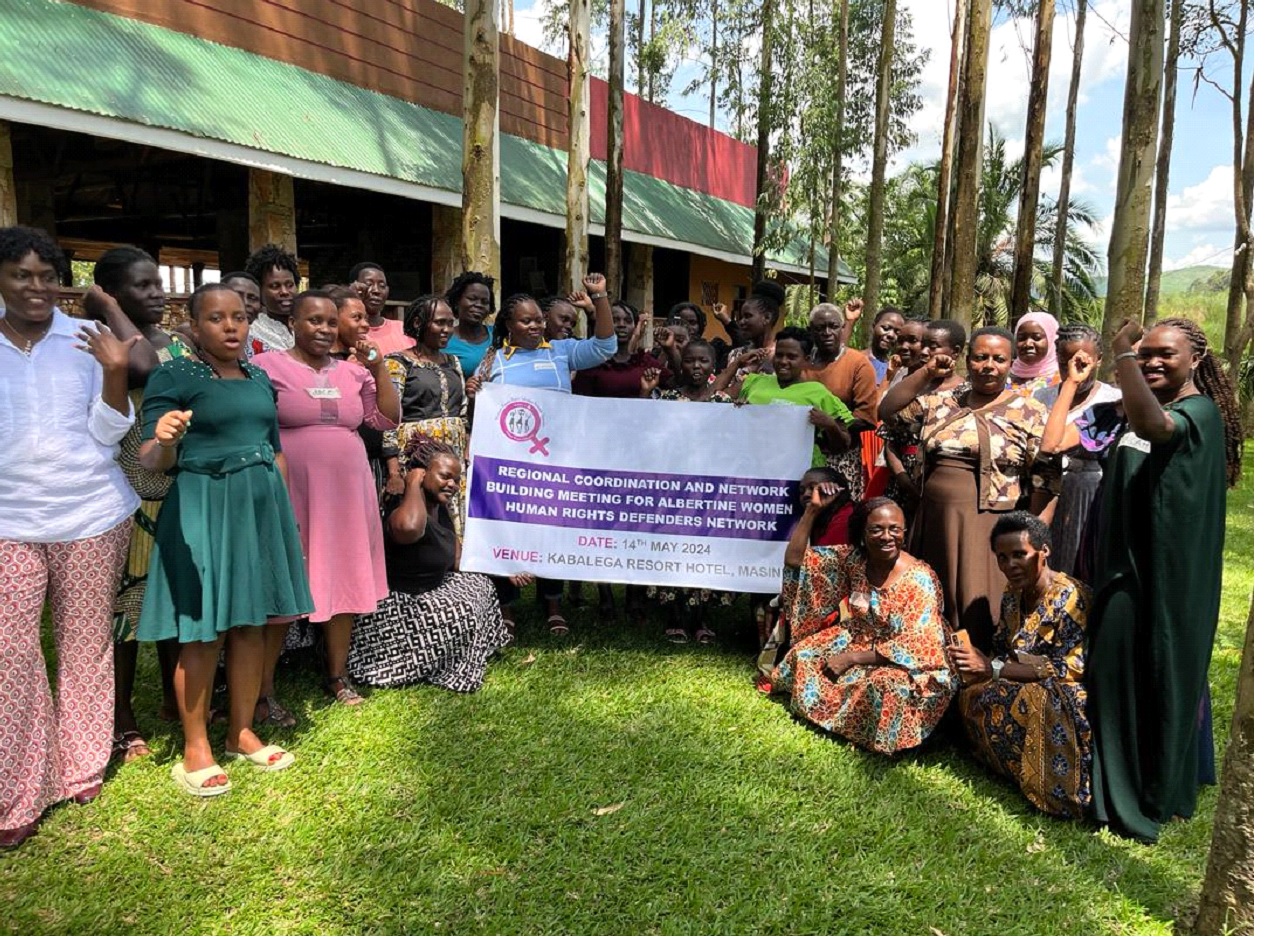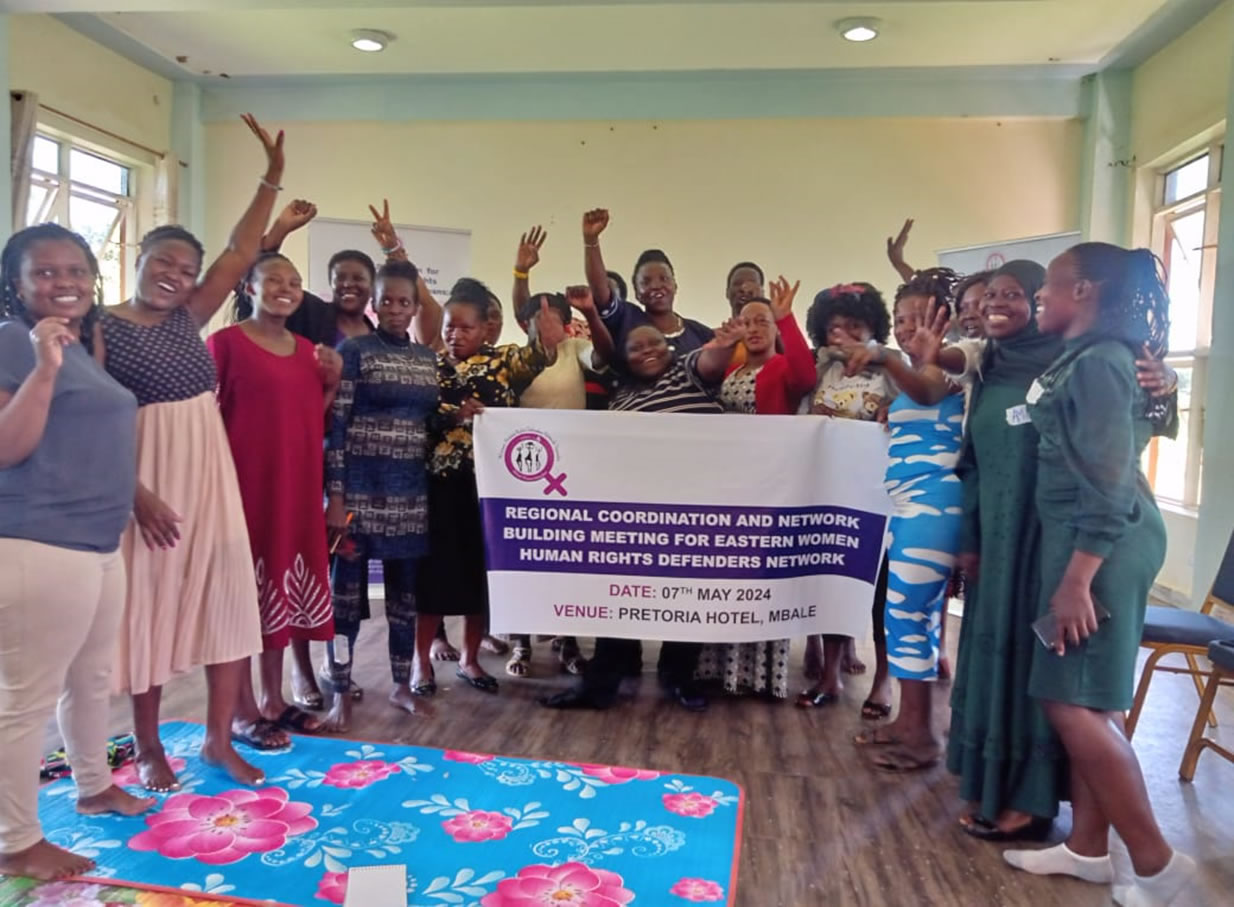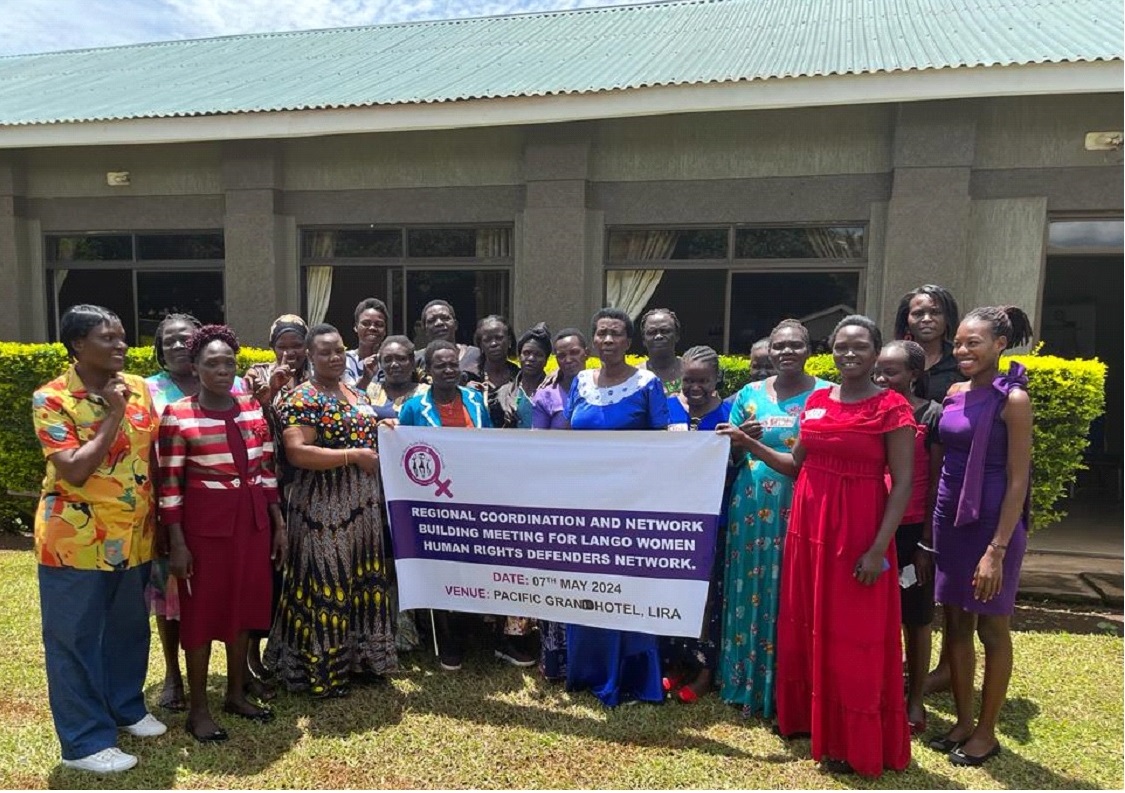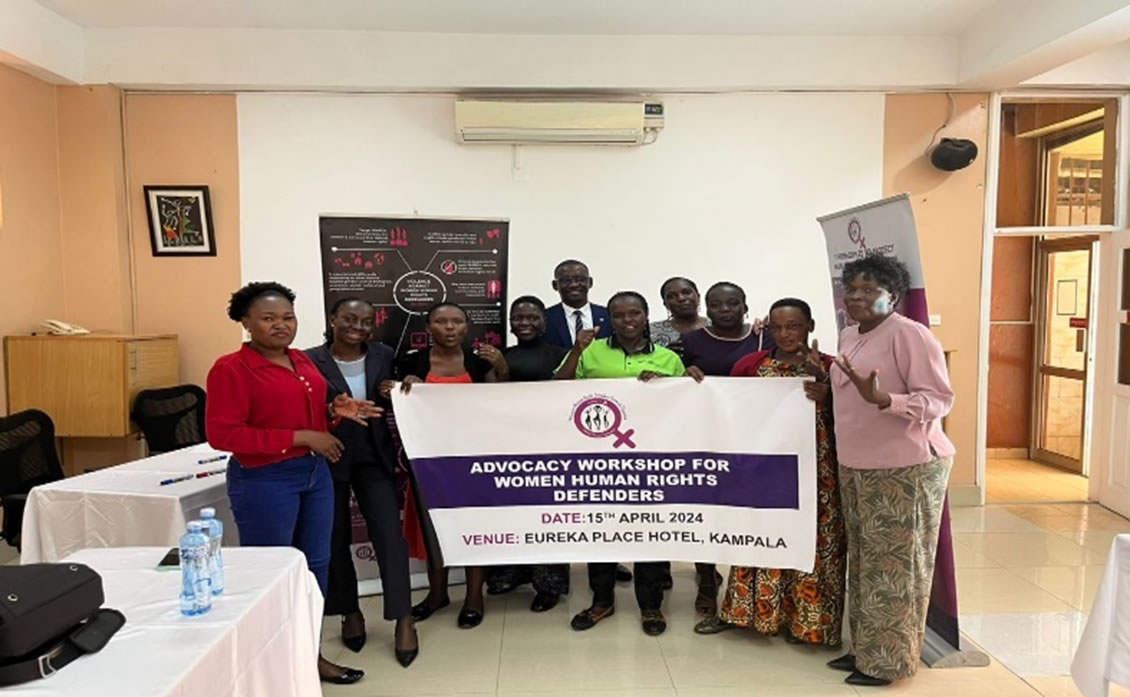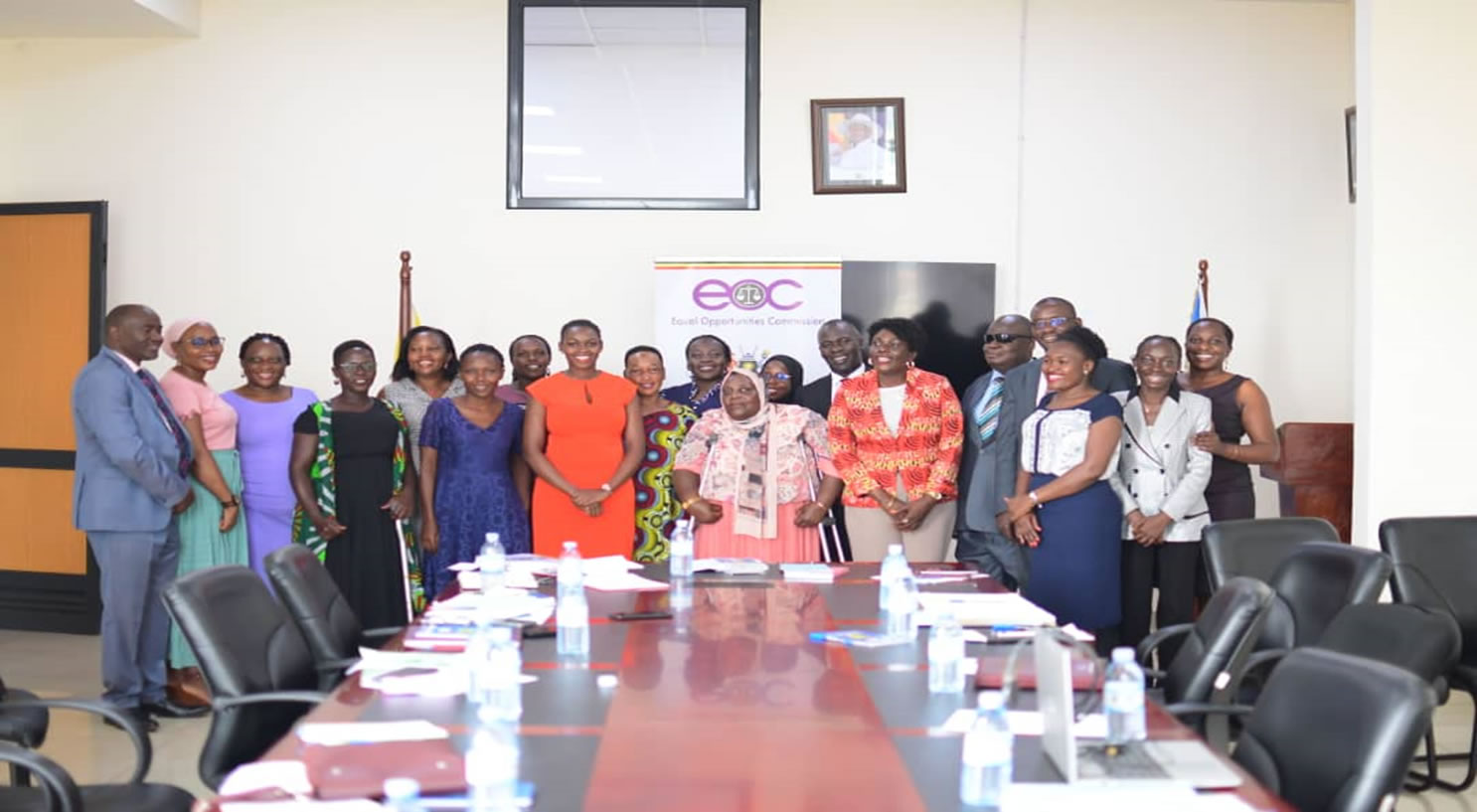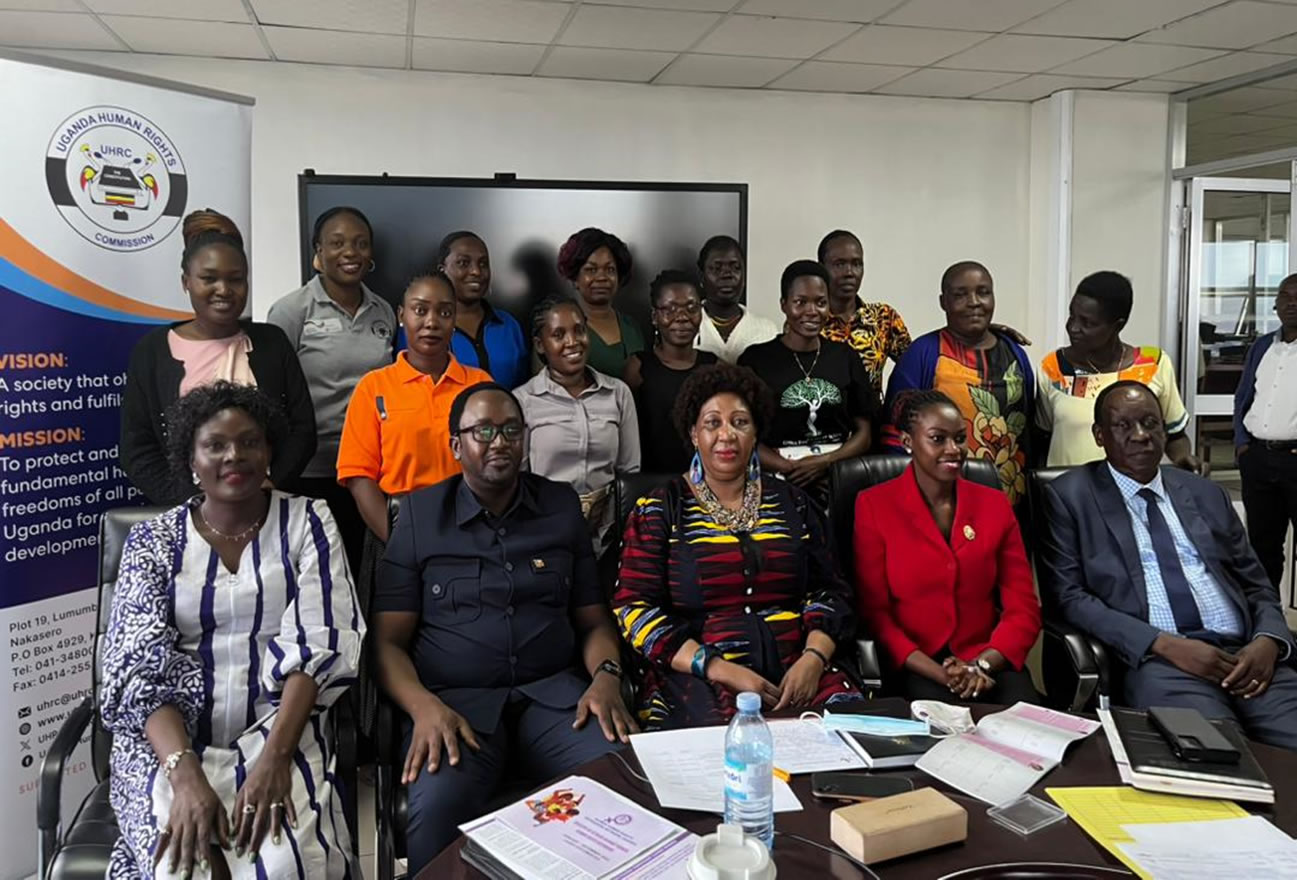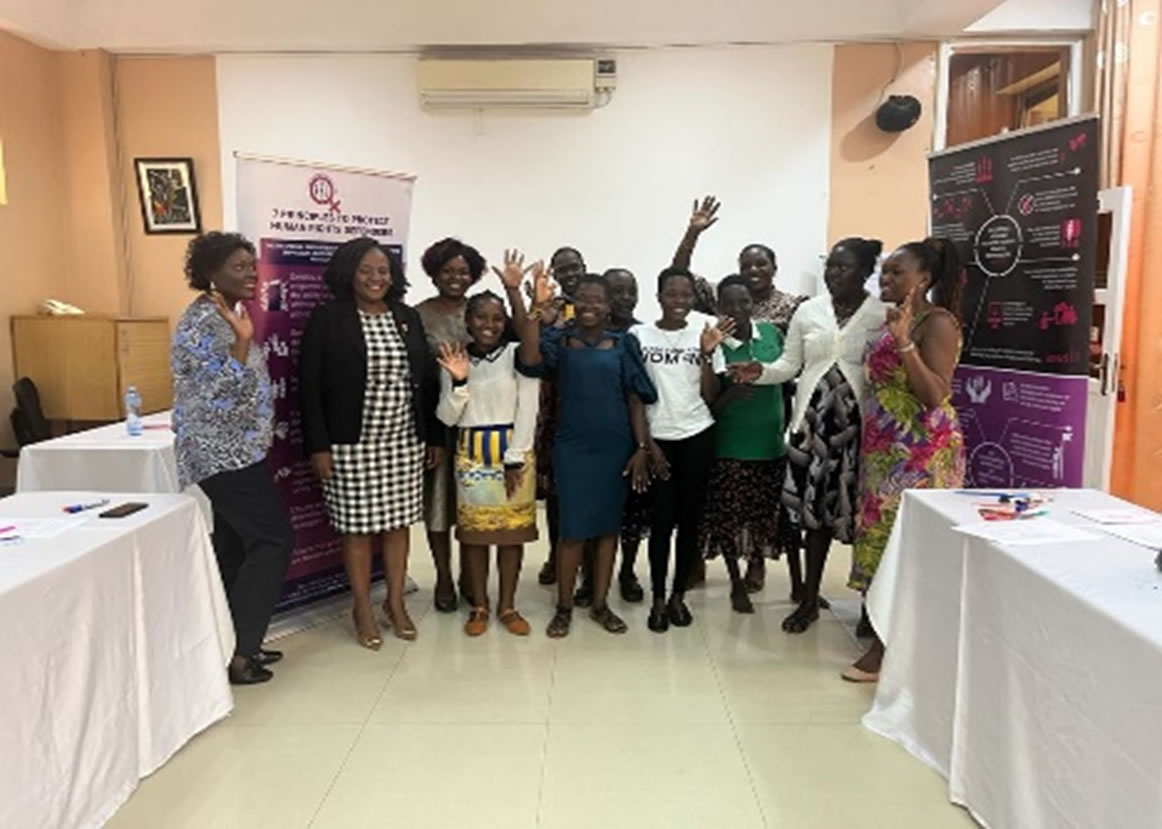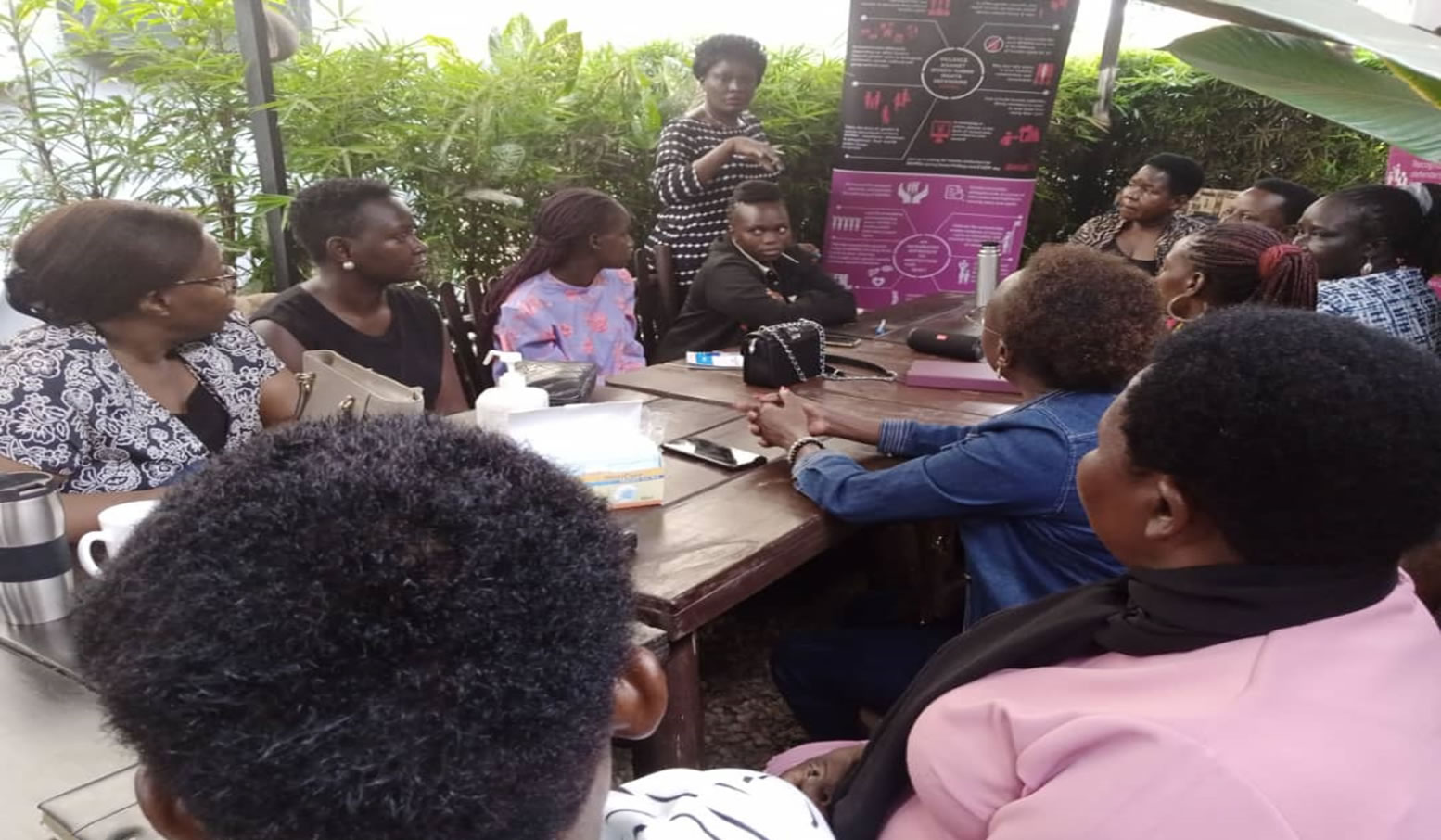The Women Human Rights Defenders Network-Uganda (WHRDN-U) recently concluded a transformative four-day feminist documentation training for 16 Women Human Rights Defenders (WHRDs) in Kampala. The training, held from May 20th to 23rd, 2024, focused on equipping WHRDs with essential skills to document the violations they face from a gender-sensitive perspective, while also fostering their physical, mental, and digital security.
The training provided a safe and inclusive space for WHRDs to share lived experiences, engage in self-care practices, and build solidarity networks for mutual support and well-being. Participants acquired skills in holistic security, digital safety, and physical protection—tools critical for their activism in an increasingly hostile environment.
One of the standout moments was a session on documenting violations against WHRDs. Facilitated by experts in feminist documentation, the session highlighted the power of recording incidents of violence, gender-specific attacks, and patterns of abuse. The participants learned how to collect and preserve evidence, capture testimonies, and apply a “do no harm” approach, ensuring dignity and confidentiality for survivors. This session inspired many WHRDs, with some reflecting on their past inability to recognize and report the gender-based violence they had endured.
WHRDs shared personal stories that revealed the harsh realities they face in the field. From threats of eviction for supporting survivors of gender-based violence to being labeled as “marriage breakers” or “prostitutes” for their advocacy work, these women have shown remarkable courage. Despite the challenges, the training provided them with tools to document these violations and seek protection and accountability from relevant authorities like the Equal Opportunities Commission.
The inclusion of self-care and collective healing sessions was another key highlight. WHRDs engaged in sleep therapy, somatic exercises, and wellness reflections, which allowed them to reconnect with themselves and prioritize their well-being. Many confessed to never having set aside time for self-care before the training. One participant shared, “I have never felt so cared for and loved.”
The training also emphasized the critical role of WHRDs in building stronger networks and coordination strategies. Participants learned how to provide peer support, maintain safety while gathering evidence, and strengthen alliances with institutions like the Equal Opportunities Commission. Such partnerships will ensure that violations against WHRDs are formally reported and addressed.
The impact of this training is undeniable. The WHRDs left the sessions more empowered, inspired, and determined to support fellow defenders at the grassroots. WHRDN-U remains committed to continuous mentorship, practical training, and sustained support for WHRDs. As the stories shared during this training reveal, the path to justice and protection for WHRDs is fraught with challenges, but with the right tools, skills, and networks, they can continue their advocacy work with greater safety and resilience.
This initiative is a testament to the power of feminist documentation as a tool for justice, accountability, and the protection of women human rights defenders across Uganda.
